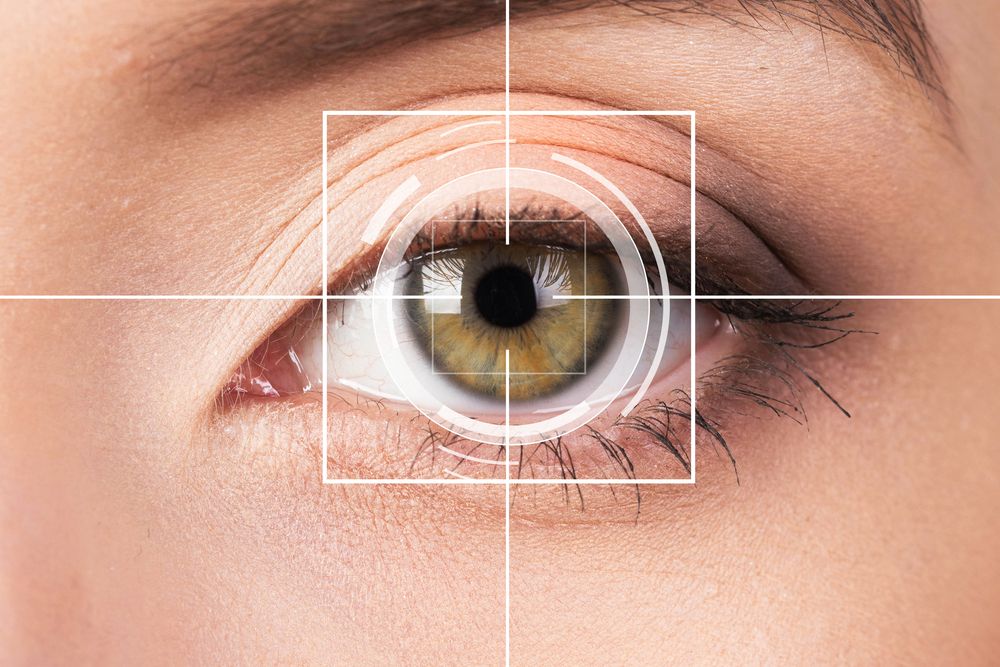
Seek emergency medical treatment at an emergency room if you experience sudden vision loss. When should I call my doctor about my vision? This test allows your doctor to see any signs of damage or disease in your retina or optic nerve. Your doctor may also give you eye drops to dilate your eyes. You may be asked to cover one eye at a time and read a chart. There may be several tests during this appointment.

Your doctor will do an eye exam in an office setting during a regular appointment. An ophthalmologist is a medical doctor who treats these issues and also performs eye surgery. An optometrist is a doctor of optometry who treats vision and eye health problems. There are two types of eye doctors, and they are different from your primary care physician.
Avoid smoking: Not smoking can reduce your risk of developing diseases like cataracts and macular degeneration.Īre there different types of doctors for eye care?. These can include diabetes and high blood pressure, which can cause vision problems. Exercising regularly: Making time to regularly exercise can help to prevent a variety of health issues throughout your life. Leafy greens (spinach, kale and collard greens) are especially healthy for your eyes. Eating a healthy diet: Pick foods that are good for your eyes, such as fruits, vegetables, and salmon. This could include various sports, construction work or factory work. Wearing eye protection: If you have a job or activity where you could get an eye injury, always wear eye protection. Wearing sunglasses: More than just a fashion statement, sunglasses protect your eyes from the sun's damaging rays and can slow down the aging process of your eyes. It’s important to schedule yearly eye care appointments, so any developing issues can be cared for as early as possible. Getting regular eye exams : Your eye doctor can identify and treat eye problems early. There are several things to do on a daily basis to promote healthy vision. Corrective lenses, such as glasses or contact lenses, can often improve your eyes ability to see clearly. This issue may impair your eye’s ability to focus and cause unclear eyesight. Refractive errors: Vision problems can occur when your eye doesn’t bend light properly. Infection: Infections in any part of the eye can affect your ability to see. As a result, they impair the brain’s ability to turn electrical signals into images. Disease: Diseases like glaucoma (increased fluid pressure in the eye) can damage the optic nerve. Development disorders: Sight problems such as amblyopia (lazy eye) occur when one or both eyes develop abnormally during childhood. This damage can block light from passing through your eye and cause vision loss. Damage: Injuries may cause a detached retina or a clouding of the cornea or lens. Common disorders include cataracts (clouding of the eye lens) and age-related macular degeneration (AMD), a condition that causes loss or distortion of vision. Aging: As you get older, your risk increases for vision-impairing conditions. Conditions that affect your vision can include: Healthcare providers can often prevent or correct many of these conditions. These conditions often interfere with the ability of light to pass from the eye to the brain. There are many different conditions that can affect your vision. They also help protect your eyes from irritation and infection. Tears: Though they are most commonly thought of in relation to crying, tears are meant to keep your eyes wet and help you focus clearly. Your optic nerve transmits the electrical signals formed in the retina to the brain. Optic nerve: This part of your vision works as the connecting element between the retina and the brain. These signals are sent to the brain where they are recognized as images. Retina: Located at the back of the eye, the retina is a layer of tissue that transforms the light coming into your eye into electrical signals. The lens brings the image in front of you into a sharp focus, which allows you to see the details clearly. It works with your cornea to focus the light that enters your eye, much like a camera. Lens: The lens is behind the iris and pupil. 

The iris is a muscle that controls the size of your pupil and the amount of light that enters your eye. Iris: This part is typically referred to as your eye color.It expands in dim light and shrinks in bright light. Pupil: The pupil is the black dot in the center of your eye that acts as a gateway for light.The cornea is dome-shaped and it works by bending the light that enters your eye. Cornea: This is the front layer of your eye.The main components of your vision include: There are many different parts of your eye and brain that work together to help you see.







 0 kommentar(er)
0 kommentar(er)
